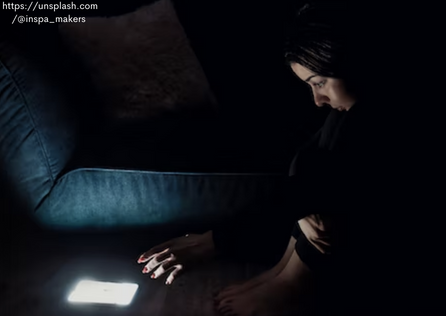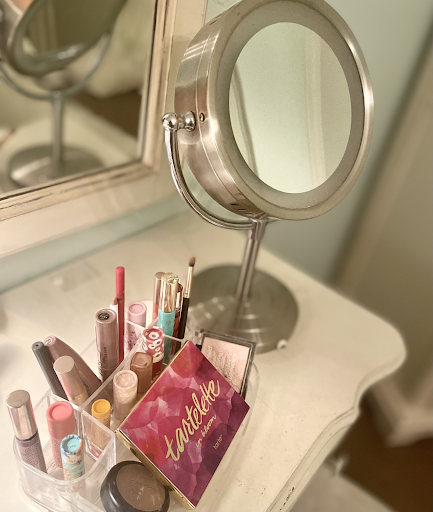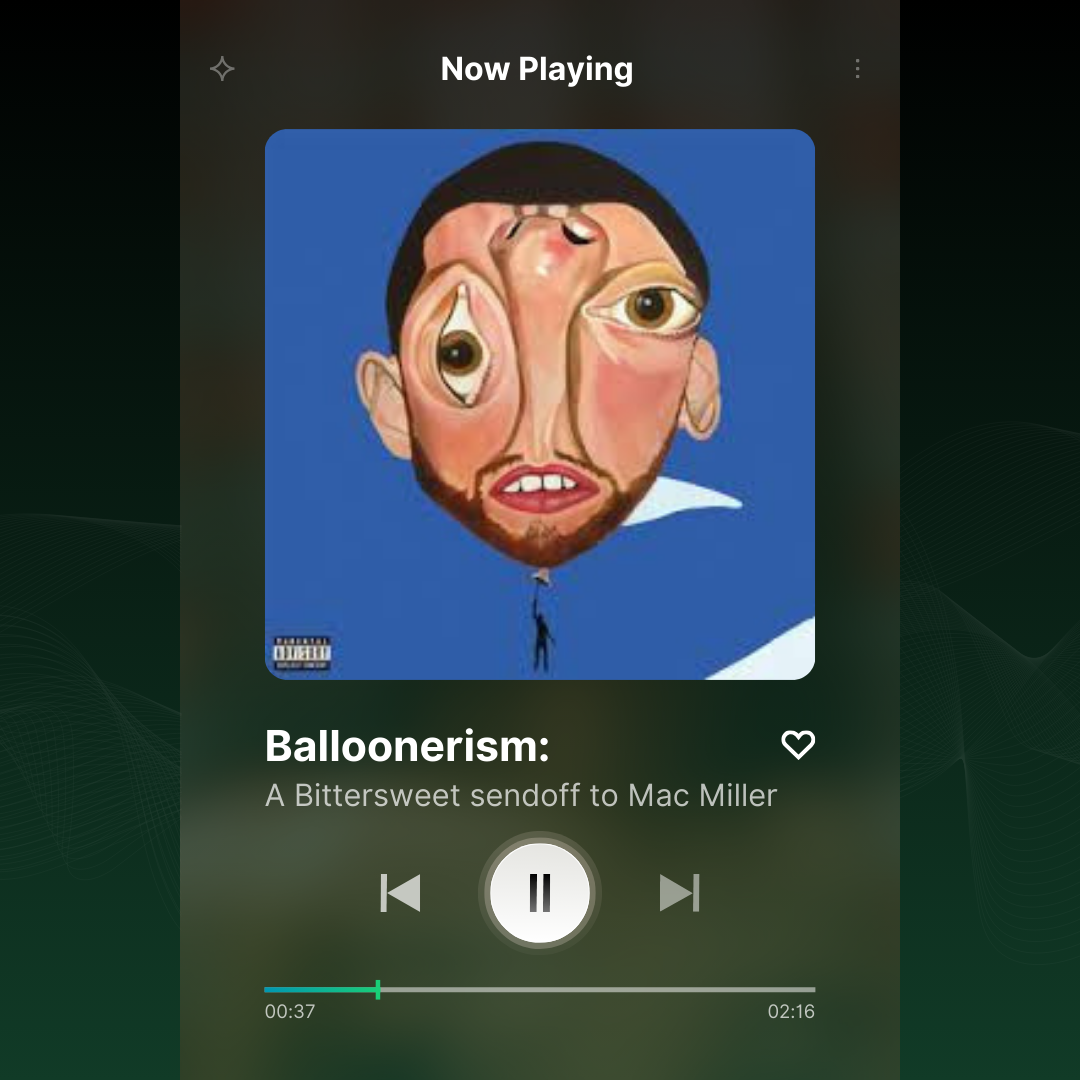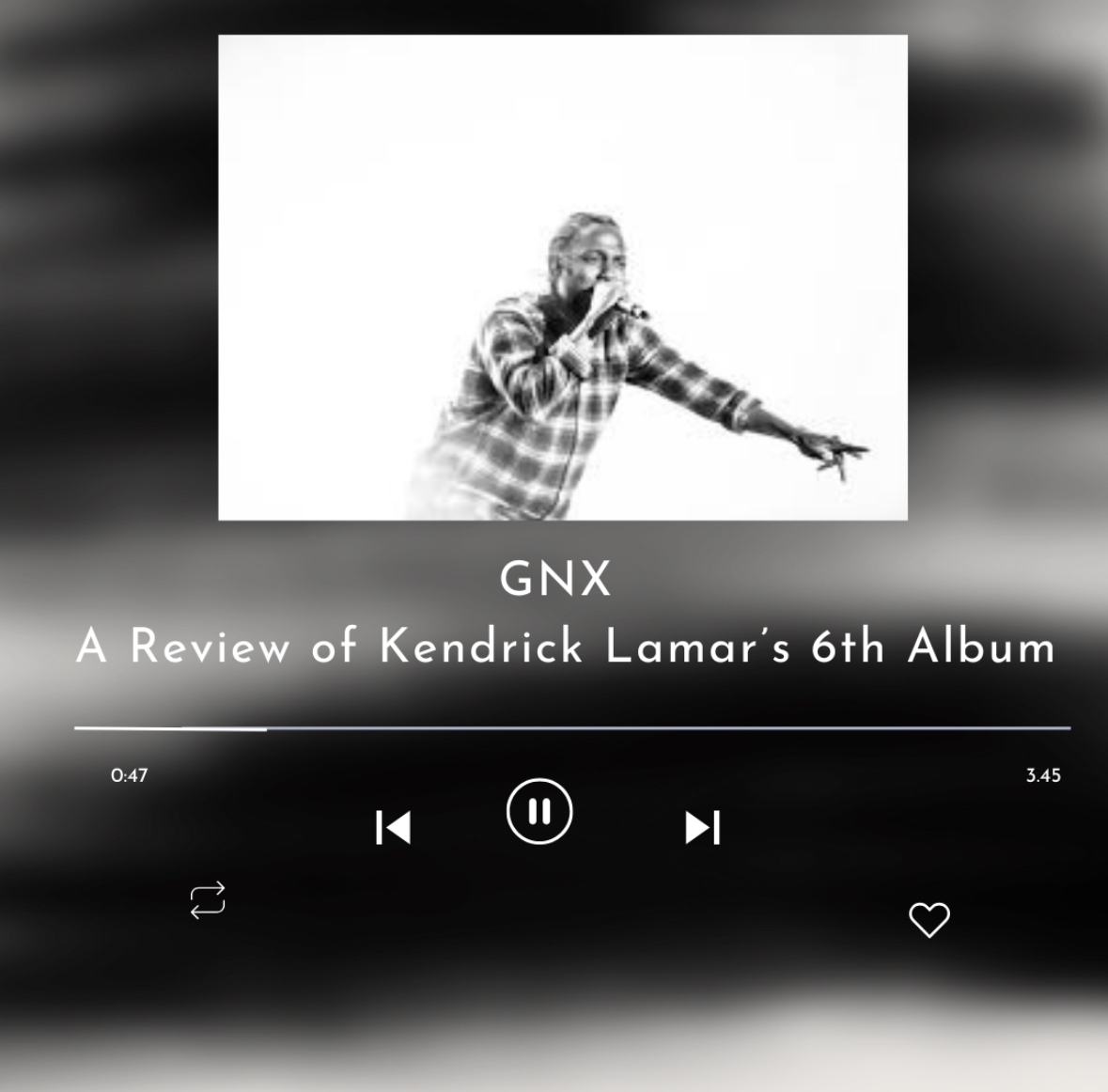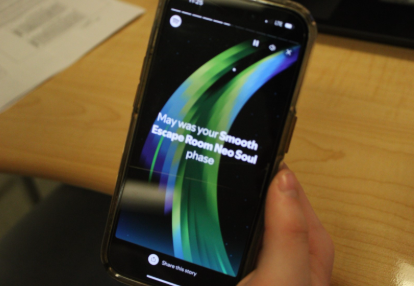Ned Fulmer was a beloved member of the infamous Try Guys group on YouTube. During their height, they garnered a video that had over 35 million views, which was one of the biggest YouTube personalities on the site. He was referred to as the “wife-loving” member and frequently had his wife by his side. His devotion to his wife, Ariel Fulmer, became a significant component of his online character.
And then he cheated on her.
Shocking fans around the world, Ned has since left the Try Guys. The outburst was like nothing we’d seen before. Fans were heartbroken, treating the news like a betrayal from a close friend. The smoke has cleared but the question remains: Why? Why were fans so invested in Ned, and why were they so hurt when he was proven to be much different than what he displays online?
The answer is parasocial relationships: A close connection with someone who doesn’t know that you exist. These relationships have existed for a very long time; most people don’t even consciously realize they partake in one.
Anyone that has found a deep, comforting, and personal connection with a celebrity or character has had a purely parasocial relationship. In today’s youth it’s been increasingly common where social media has deeply connected the mental state of individuals, which can become extremely harmful.
“I think it’s good, not to be so absorbed in it [social media],” Dr. Thomas, Patriot’s school psychologist, warns. “Sometimes you get so absorbed in it that it starts effecting your mental health.”
The pandemic has only strengthened our relationship with online personalities. Social media wasn’t just a way to show other people what was happening in your life, it became the main way for many people to find human connection and a sense of togetherness. While our relationships were online, our parasocial ones were as well.
Celebrities smiling behind screens mirrored facetime with friends. Feeling connected to these celebrities became a way to escape the pain the pandemic caused. The internet became more and more intimate, blurring what was real and fake.
Social media, however, is a double-edged sword. While it may connect us together, it can also make us feel more alone and insecure. Several studies have found that teenage girls in particular have rates of lower self-esteem when comparing themselves to a parasocial companion.
There are times where we put ourselves in a position that gives that person more power over us, even if they aren’t aware of who we are . We allow outside circumstances to affect our inner mental well-being and to have so much dependence on other people can be detrimental. Parasocial relationships are based on this inequality of power. The person fills a hole in our social lives, so we depend on their existence to add something to us. In the case of Ned Fulmer, that hole was once again created when fans realized what he had done. What he did forced fans to rethink their relationship with his on-screen personality and caused them to realize that the persona that they knew and loved was never real.
Social media warps reality, where the user may be aware that many things they are seeing are tweaked, but the media is so realistic that we still perceive it as such. Instagram and Snapchat both were higher ranked in terms of which app gives teens negative feelings coming out of the app. It’s no coincidence that both apps rely on video and photos of other people; the fact that we can physically see someone on the screen makes the experience even more harmful for our body-image and parasocial interactions.
So, how do we combat this?
Our online lives have become an integral part of who we are, and it affects us whether we ignore it or not. The best thing may be more mindfulness when using it.
“You have to be conscientious consumers of information.” Dr. Thomas says.
Consider the people you idolize and admire, or the accounts you follow online. What do they add to your life and wellbeing? Why do these people matter to you? Unfollow people who may make you feel negative about yourself and disconnect from sites that don’t add anything to your happiness.
“Socialization is very important for mental health.” Dr. Thomas notes. “Not just for kids, but for adults. I think the pandemic has effectually helped us to not take for granted each other.”
It’s important that we maintain our offline relationships with family and friends. Surround yourself with people who bring positivity into your life, and you may find that you have to go out on your own to meet new people. While this can be out of one’s comfort zone, that’s really the whole point. Expanding the comfort zone and meeting those who can enrich our lives.
Parasocial relationships keep us in our own bubbles and make them smaller. Instead of reaching out to make friends or to stay connected, our relationships stay on the screen in our back pocket. By redefining why we interact online, we can take a step back and focus on how our parasocial relationships affect us and the relationships we pursue.

